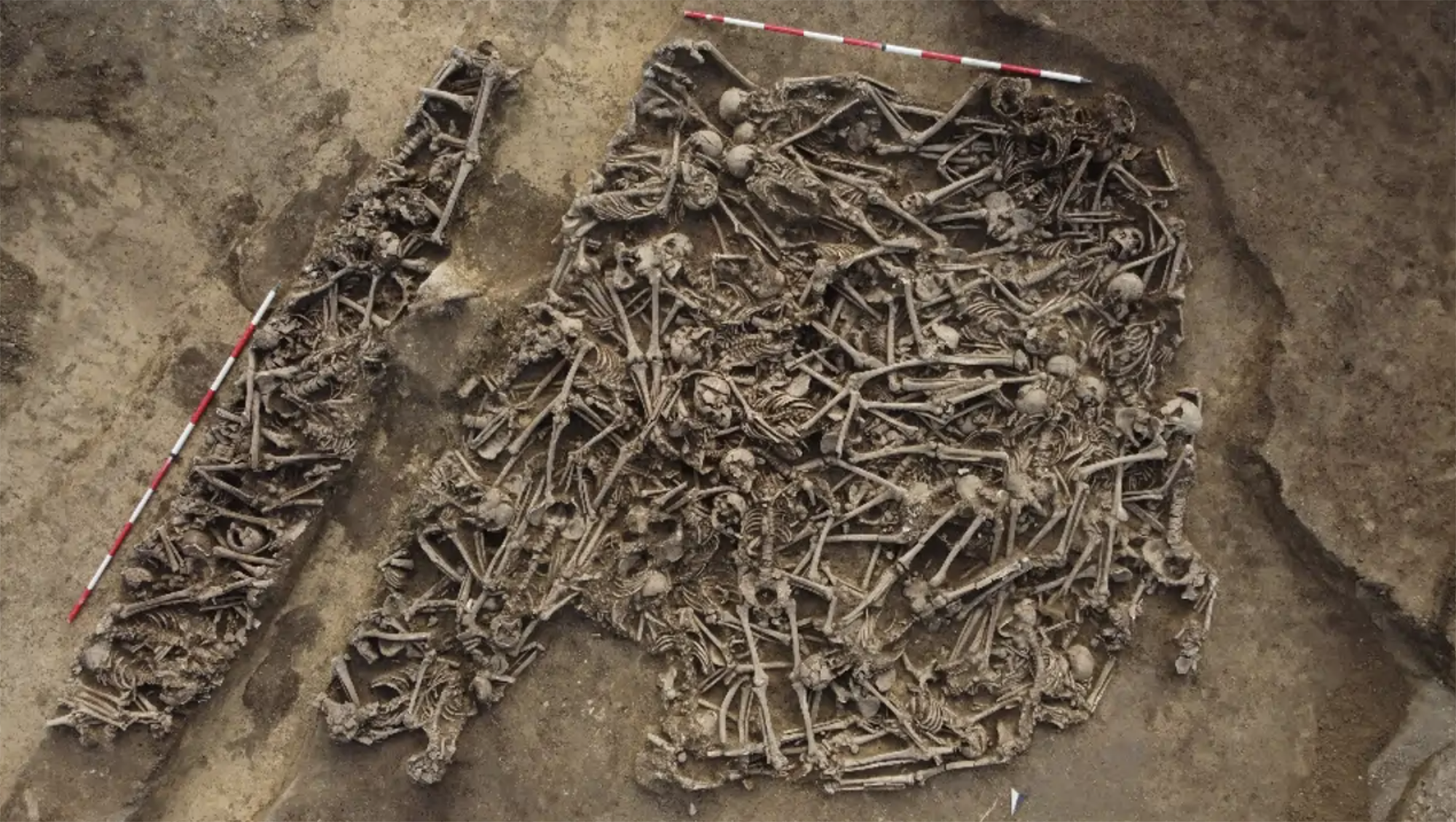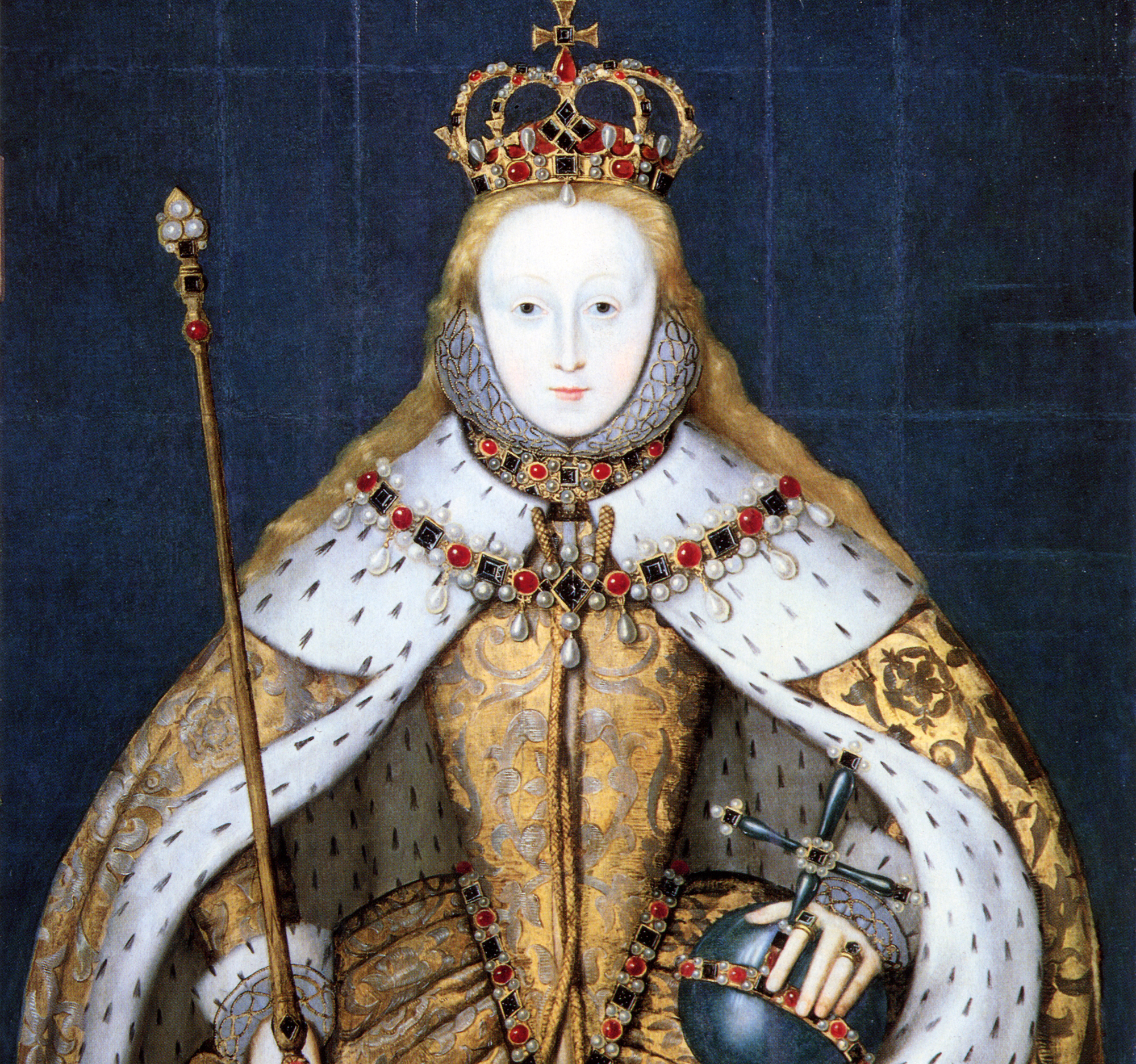Kiev or Kyiv?
- At the end of the 19th century, when the rules of modern Ukrainian were established, one of them said that the name of the capital was in Ukraine, and that its latinized form, that is, the exonym to be used by western countries was Kyiv. But in most corners of the world, there's usually no clear rules or criteria for exonyms, and they're often contrasted.

Ukraine, late 19th century. They established the rules of modern Ukrainian. The country depended on the Russian Empire, but thanks to liberal imperial socioeconomic policies and, after centuries of war and conflict, the country experienced a cultural and economic bloom through a peaceful period. The first university was founded in the capital and the first opera house was inaugurated. The telegraph, the tram and many infrastructures came for the first time, and in that context they regulated the language. One of these rules said that the name of the capital was that of the countries of the region, and that its latinized form, that is, that Kyiv was the exonym to be used by the Western countries. But the Ukrainian effort had no results and the name of Kiev, which comes from the Russian toponym, continued to be used mainly abroad. On the one hand, Ukraine never had a State of its own, and until then it was part of the dominant States of Russian or Polish. On the other hand, in addition to open socio-economic policies, the imperial government instituted a strict rusification of the Ukrainians, Poles and Jews living in the country.
On 20 November 1917, the Republic of Ukraine was proclaimed, but independence lasted only a short time for Ukrainians. In 1920 the Soviets took the country and in the next six decades the process of rusification intensified with the use of the exonym Kiev.
Also in Euskera we tend to venerate the main toponyms of the area (Bordeaux, Madrid, Barcelona...), but in that they dominate the Italians: The French capital is called Parig, the city of Frankfurt Francoforte…
With the restoration of independence in 1991, the Government undertook efforts to revolutionize the process of rusification. In 1995, laws were established to bring the toponyms into the Latin alphabet, and it was confirmed that Kyiv was the official exonimo of the capital. But the campaign didn't succeed until the political conflicts pushed him. Following the Crimea crisis in 2014 and the Donbass War, the use of Kyiv in English spread widely. And recently, as a result of the Russian invasion, it's spreading to more languages.
The United Nations recommends the use of the Kyiv form in English and Spanish, even though the Royal Spanish Academy supports Kiev. But so far the UN itself has proposed using Kiev in French.
Pulling the exonyms
For exonyms, there is no clear standard or criterion, and they are often contrasted. Do we have to keep the habit or change the names with respect to the origin? Should writing or pronunciation be prioritized? Do you have to use the same way in all the languages that use the Latin alphabet or each one of them should bring it to it?
Paris spells the same in French, English or Basque, but pronounces differently. On the other hand, China, China in Spanish and Cina in Italian speak the same way, although they are not written in the same way. In addition, they are quite far from the original pronunciation in Chinese; Zhongguo or Zhonghua would be the closest one phonetically.
And when we're in China, how do we have to tell the capital? Beijing or Beijing? Peking was the quintessential latinized name for a long time, and that's where Beijing comes from. Beijing is closer to the original pronunciation and, for example, is used in English. In German, Russian or Spanish, however, the Beijing form is maintained. Italians call it Pechino.
Also in Euskera we tend to venerate the main toponyms of the area (Bordeaux, Madrid, Barcelona...), but in that they dominate the Italians: The French capital is called Parig, the city of Frankfurt Francoforte…
So if there is no clear and unified criterion, will Kyiv or Kiev maintain it? Will Germany remain dozens of exonyms (Germany, Allemagne, Saksa, Niemcy, Tyskland…) or will the original Deustchland be extended? Do we ever call Hungary Magyarorszag? Or more easily to Finland Suomi?
Washington, D.C., June 17, 1930. The U.S. Congress passed the Tariff Act. It is also known as the Smoot-Hawley Act because it was promoted by Senator Reed Smoot and Representative Willis Hawley.
The law raised import tax limits for about 900 products by 40% to 60% in order to... [+]
During the renovation of a sports field in the Simmering district of Vienna, a mass grave with 150 bodies was discovered in October 2024. They conclude that they were Roman legionnaires and A.D. They died around 100 years ago. Or rather, they were killed.
The bodies were buried... [+]
Until now we have believed that those in charge of copying books during the Middle Ages and before the printing press was opened were men, specifically monks of monasteries.
But a group of researchers from the University of Bergen, Norway, concludes that women also worked as... [+]
Florentzia, 1886. Carlo Collodi Le avventure de Pinocchio eleberri ezagunaren egileak zera idatzi zuen pizzari buruz: “Labean txigortutako ogi orea, gainean eskura dagoen edozer gauzaz egindako saltsa duena”. Pizza hark “zikinkeria konplexu tankera” zuela... [+]
Linear A is a Minoan script used 4,800-4,500 years ago. Recently, in the famous Knossos Palace in Crete, a special ivory object has been discovered, which was probably used as a ceremonial scepter. The object has two inscriptions; one on the handle is shorter and, like most of... [+]
Londres, 1944. Dorothy izeneko emakume bati argazkiak atera zizkioten Waterloo zubian soldatze lanak egiten ari zela. Dorothyri buruz izena beste daturik ez daukagu, baina duela hamar urte arte hori ere ez genekien. Argazki sorta 2015ean topatu zuen Christine Wall... [+]
Bilbo, 1954. Hiriko Alfer eta Gaizkileen Auzitegia homosexualen aurka jazartzen hasi zen, erregimen frankistak izen bereko legea (Ley de Vagos y Maleantes, 1933) espresuki horretarako egokitu ondoren. Frankismoak homosexualen aurka egiten zuen lehenago ere, eta 1970ean legea... [+]
Eskultura grekoerromatarrek bere garaian zuten itxurak ez du zerikusirik gaurkoarekin. Erabilitako materiala ez zuten bistan uzten. Orain badakigu kolore biziz margotzen zituztela eta jantziak eta apaingarriak ere eransten zizkietela. Bada, Cecilie Brøns Harvard... [+]
Japonia, XV. mendea. Espioitzan eta hilketa ezkutuetan espezializatutako eliteko talde militarra sortu zen. Edo horixe uste du behintzat Stephen Turnbull historialari britainiarrak. Beste aditu batzuen ustez, askoz lehenago sortu ziren ninjak, duela 2.300-2.500 urte inguru. Eta... [+]
Chão de Lamas-eko zilarrezko objektu sorta 1913an topatu zuten Coimbran (Portugal). Objektu horien artean zeltiar jatorriko zilarrezko bi ilargi zeuden. Bi ilargiak apaingarri hutsak zirela uste izan dute orain arte. Baina, berriki, adituek ilargietan egin zituzten motibo... [+]
Hertfordshire (Ingalaterra), 1543. Henrike VIII.a erregearen eta Ana Bolenaren alaba Elisabet hil omen zen Hatfield jauregian, 10 urte besterik ez zituela, sukarrak jota hainbat aste eman ondoren. Kat Ashley eta Thomas Parry zaintzaileek, izututa, irtenbide bitxia topatu omen... [+]
Luxorren, Erregeen Haranetik gertu, hilobi garrantzitsu baten sarrera eta pasabide nagusia aurkitu zituzten 2022an. Orain, alabastrozko objektu batean Tutmosis II.aren kartutxoa topatu dute (irudian). Horrek esan nahi du hilobi hori XVIII. dinastiako faraoiarena... [+]
AEB, 1900eko azaroaren 6a. William McKinley (1843-1901) bigarrenez aukeratu zuten AEBetako presidente. Berriki, Donald Trump ere bigarrenez presidente aukeratu ondoren, McKinleyrekiko miresmen garbia agertu du.
Horregatik, AEBetako mendirik altuenari ofizialki berriro... [+]
Urruña, 1750eko martxoaren 1a. Herriko hainbat emakumek kaleak hartu zituzten Frantziako Gobernuak ezarritako tabakoaren gaineko zergaren aurka protesta egiteko. Gobernuak matxinada itzaltzeko armada bidaltzea erabaki zuen, zehazki, Arloneko destakamentu bat. Militarrek... [+]
In the Maszycka cave in Poland, remains of 18,000 years ago were found at the end of the 19th century. But recently, human bones have been studied using new technologies and found clear signs of cannibalism.
This is not the first time that a study has reached this conclusion,... [+]

























